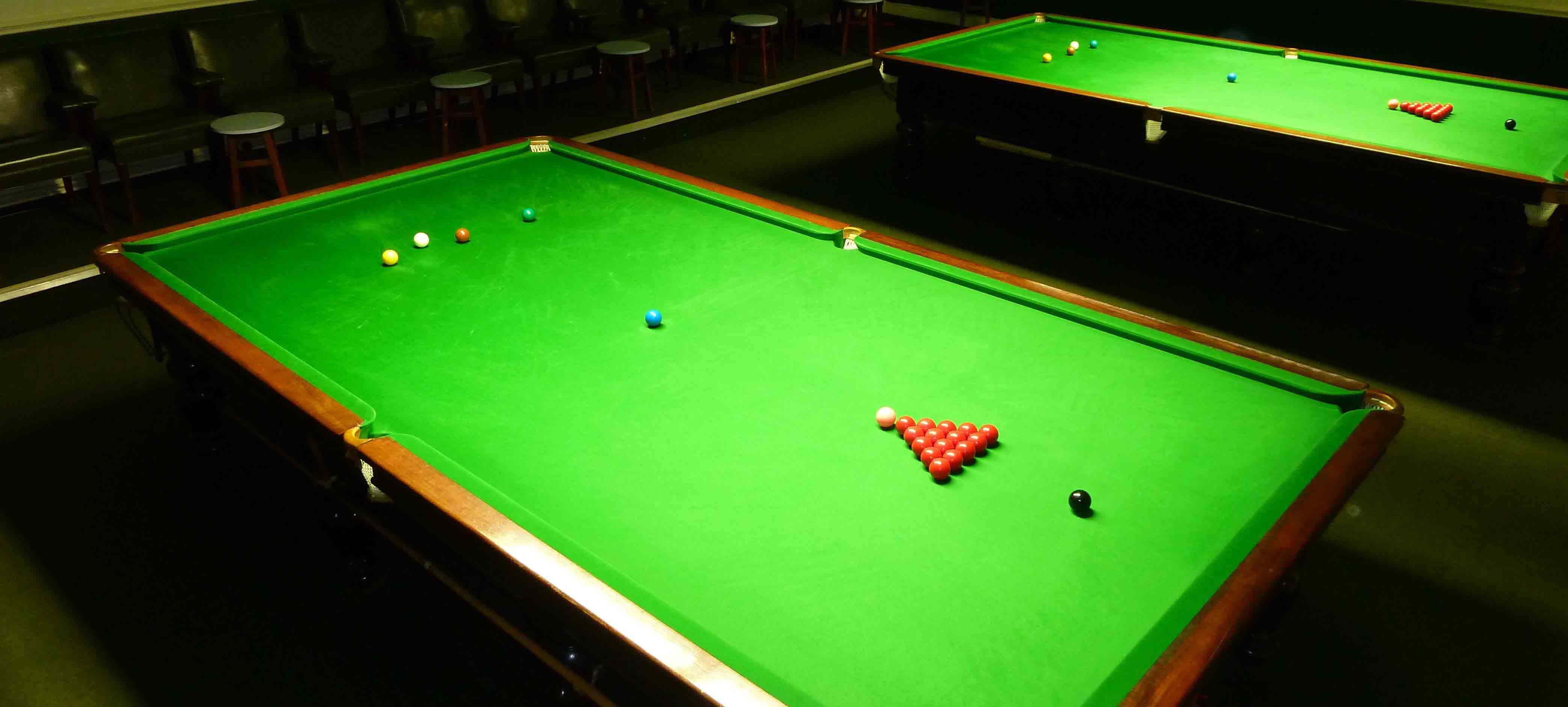
Live Match
100% Free Advertising
Enjoy your Live Streaming without any Advertising
The most Live streaming site, we won't put any advertising on our site. It's so user friendly for you, just click your favourite match and game you can enjoy our feature and content
Unlimited Bandwith
With unlimited bandwith you can stream your favourite match of All sport with fastest and no lag!.
It perfectly recomended for live stream sport, with fastest server you can enjoy live streaming sport without lag, down, and limited bandwith. We give you the best for watch live streaming All sport
All Devices Supported
Stream All Sport everytime, everywhere.
Support All Devices, on IPOD, Android, Iphone, PC, Play Station, Laptop, Mobile. Available.












